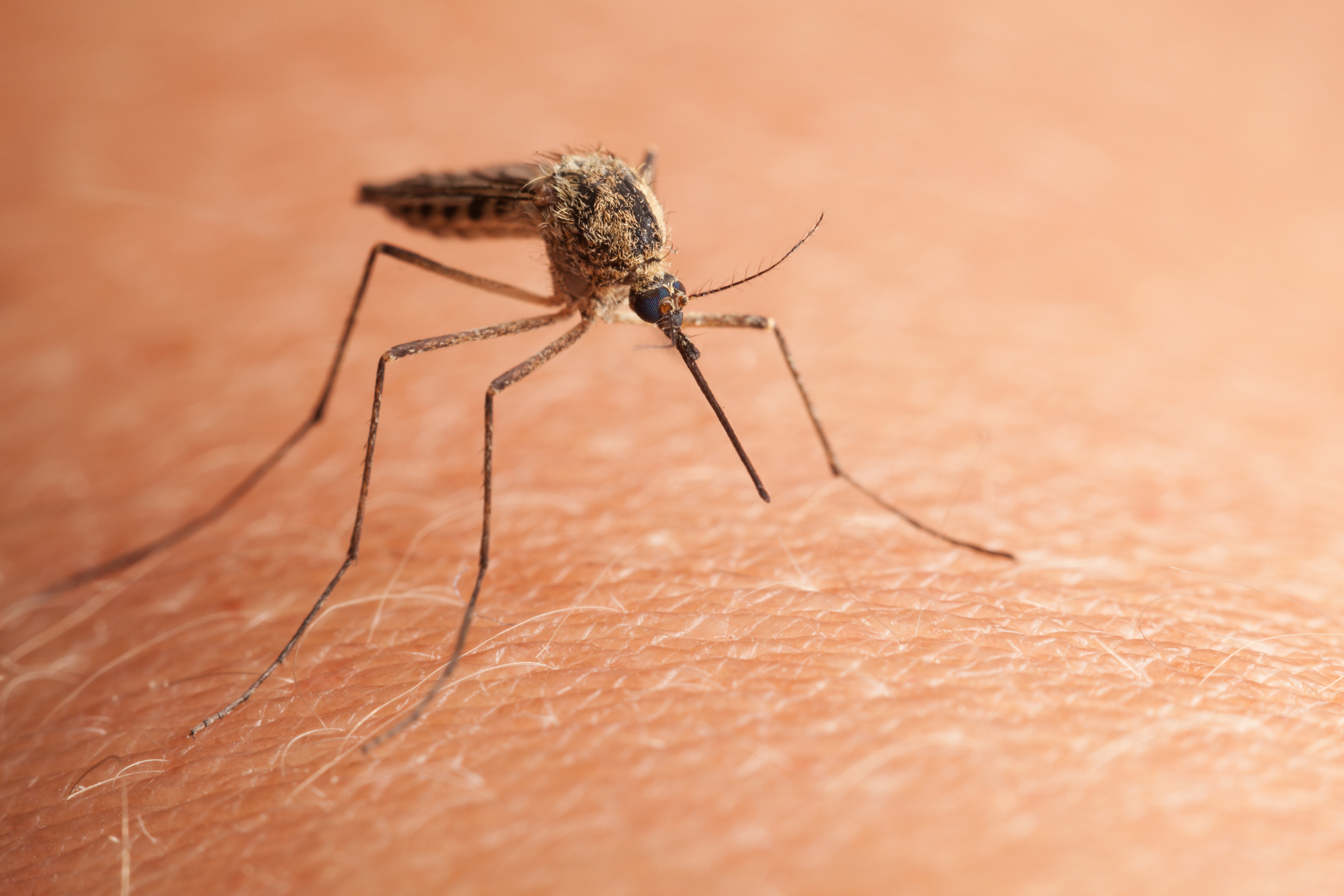Genetically modified mosquitoes: New plan to eradicate zika, dengue and yellow fever

A revolutionary project is underway to help eradicate deadly viruses spread by mosquitoes.
Australian researchers have embarked on the research project, in which mosquito colonies carrying viruses such as zika, dengue, chikungunya and yellow fever will not be able to reproduce.
Dr Maciej Maselko, CSIRO Synthetic Biology Future Science Fellow and leader of the project, said they hope to send dried mosquito eggs around the world.
“Someone just needs to add water,” he told 3AW’s Ross and John.
“Only male mosquitoes, which don’t bite, will emerge from that water.”
The engineered male mosquitoes will mate with wild females and either produce no offspring, or produce sterile males.
“The female typically only mates once in her lifetime, so if she meets with one of these engineered males then that’s it for her,” Dr Maselko said.
Removing mosquitoes from large areas is not expected to have a negative ecological impact.
There are approximately 3500 species of mosquito, but only a couple of species act as disease vectors which are dangerous to humans.
“The mosquitoes that we’re interested in, outside of sub-Saharan Africa are actually invasive,” Dr Maselko said.
“If we get rid of a few of these mosquitoes that spread disease it’s really not going to have a large ecological impact.”
Click PLAY below to hear more.















